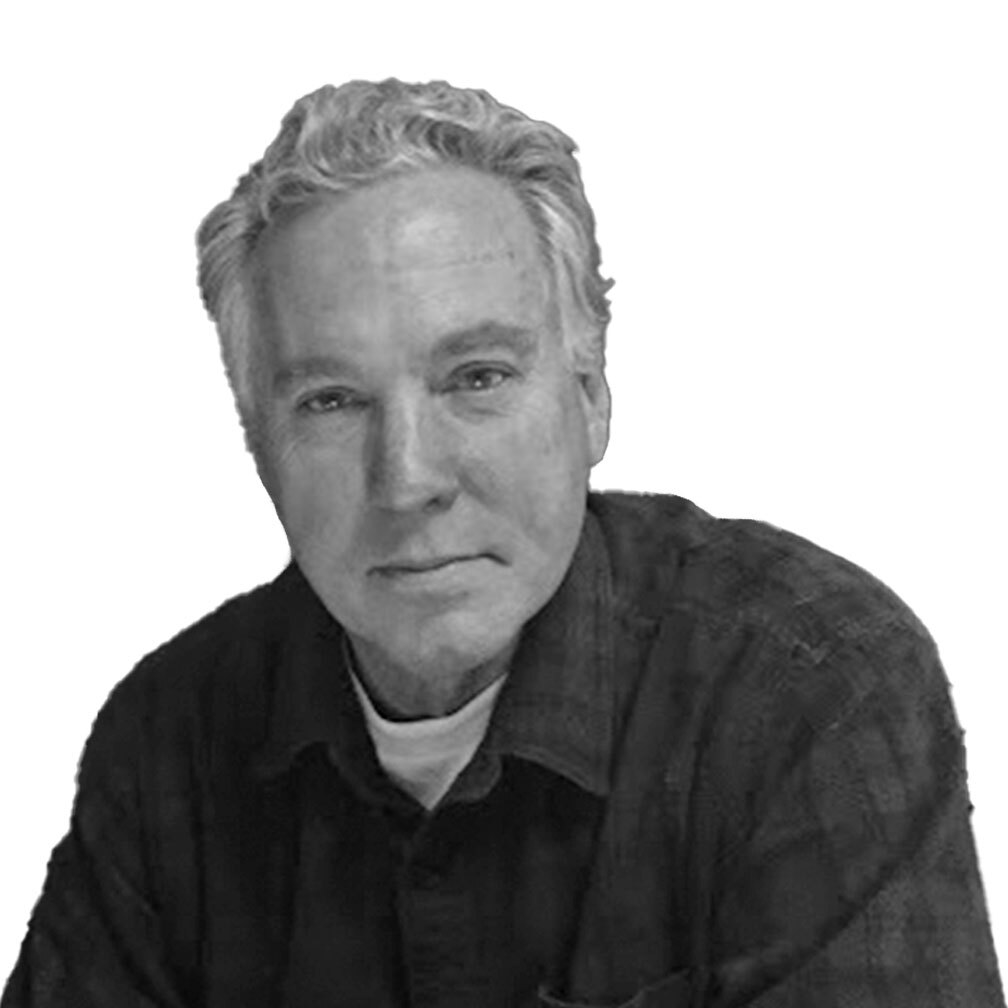Politics
Photo Illustration by Sarah Rogers/The Daily Beast
Frenemies Donald Trump and Steve Wynn’s Long History of ‘Outrageous Conduct’
‘Like Poison’
The two casino moguls have decades of bad blood—but now the Vegas macher is helping the president-elect plan his big party.

Trending Now





